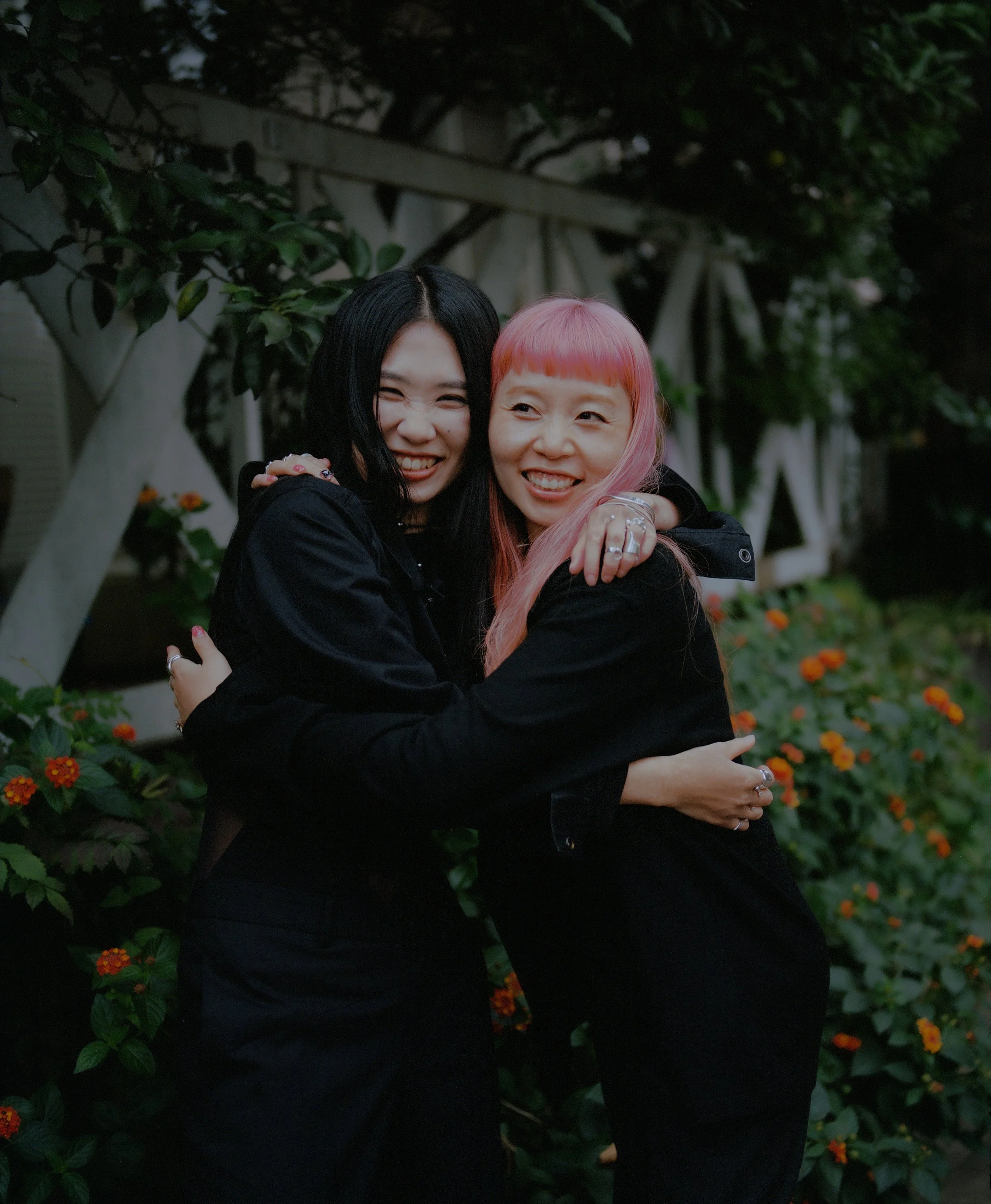Being Loved is to be Known : Shinmitsu by Gili Benita

Photo by Gili Benita
We welcome back Sabukaru contributor, Gili Benita to showcase his most recent project - Shinmitsu 2024.
Gili Benita is a photographer based in New York whose past project series have been featured in articles, like Kodoku.
Shinmitsu (親密)translates to intimacy in Japanese.
When we hear ‘Rebellion’ we often think of pre-teens slamming doors or political uproars, but there are many formats to this action. Silent Rebellion is vocal, especially in cultures like Japan where restraint is the bunkbed of expression.
Gili Benita’s most recent project: Shinmitsu, is a witness to this format of quiet rebellion.
Benita photographs “where tenderness emerges in the space between restraint and vulnerability,” in 8 couples, best friends, and families crossing three generations. Gili also interviewed the origin of how they met, what intimacy meant to each of them, and their unique challenges or strengths to forming and maintaining relationships in a Japanese society.
Gili has a charm for being invited into the intimate bonds that humans share indoors, nonetheless capturing them with a sense of authenticity that shines the model's natural self.
Artist’s projects are a reflection of their values.
Gili’s Value = fragility of the human experience
to capture intimate moments = requires trust
Trust realizes itself because Gili can reflect on his human experience with kind and open eyes. How one treats their world is how they see their outer world. The means to connect with the trust of the individual requires an observance in oneself, and Gili’s values reflect the key to trust that models hand him.
Sabukaru pulled a couple of favorites from Gili’s interview:
GB: What does intimacy mean to you?
A: To me, intimacy is about being able to share each other’s pain and support one another during tough times. It’s those moments that build trust and strengthen the bond between our family. [Minori]
A: when l was broken, and even didn't want to see someone's faces around, suddenly l found myself listening to some music with him, drinking cheep red wine, and seeing his beginning to dance and rap, smiling. [Naqi]
A: Close enough to make others think that we are gay, but we are not. Thank you.[Tsukasa]
To be accepted for who you are is, perhaps, the deepest form of love. It requires trust, the courage to let another person see past the expected and into the unseen. There is always the fear of being exposed, of revealing too much, but intimacy offers the possibility of being met with recognition rather than rejection. “Being loved is to be known, even if it’s terrifying.” [Rein]
His color palette and angle of capturing these scenes bring warmth into his series that doesn’t make you feel like a third wheel in a space of closeness. To tether his charm of warmth for viewers to observe, you may find yourself resonating with the rebellion of intimacy, Gili’s imagery, or Japan’s traditional response to the struggle of embrace.
“To become intimate with someone else is to expose and share your vulnerability. In Japan, where the self is often divided between an external identity (Tatemae 建前) and an internal truth (Honne 本音), this act of openness carries weight. Public life moves within quiet constraints—gestures are measured, emotions are contained, and personal thoughts are left unspoken.”
Dating app culture has integrated as a norm in the 21st century, and we’ve all seen a surge of situationships, whether that be yourself, your best friend, or the conversation occurring next to you in the cafe. Perhaps you may start to reconcile and reapproach how you define intimacy after Shinmitsu [2024] .
Words by Mizu Matsuura
Photos by Gili Benita














